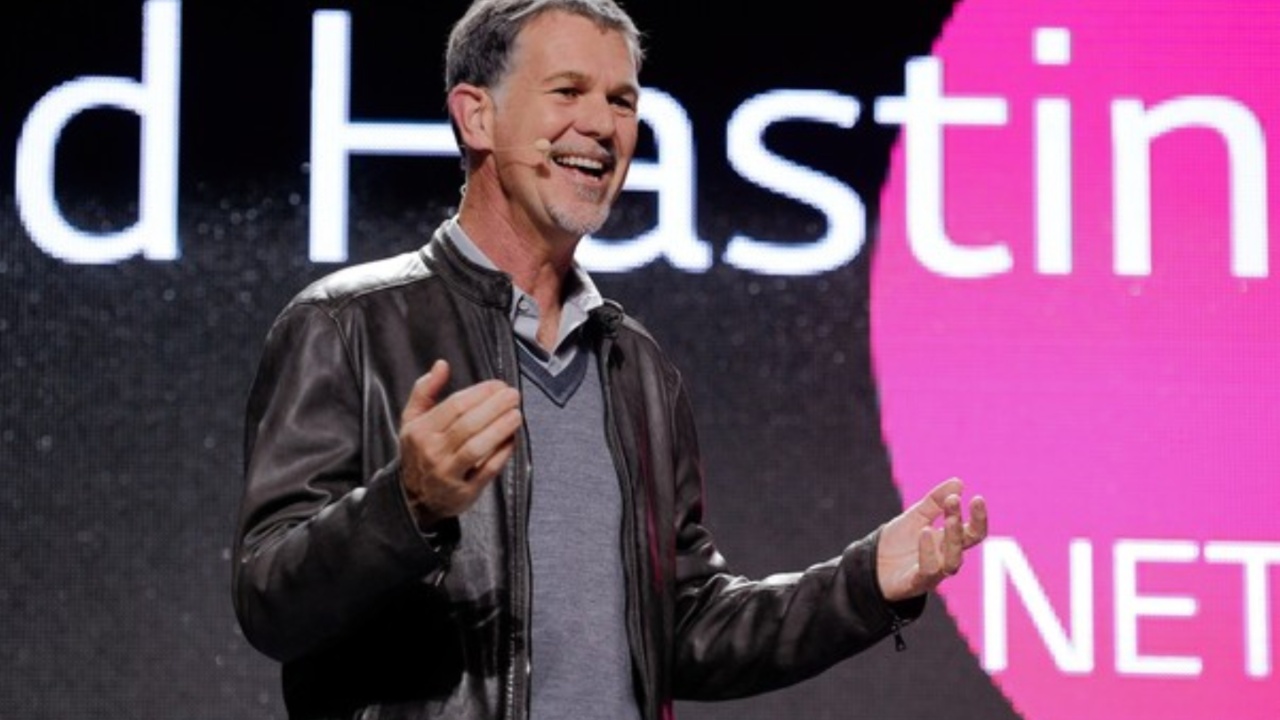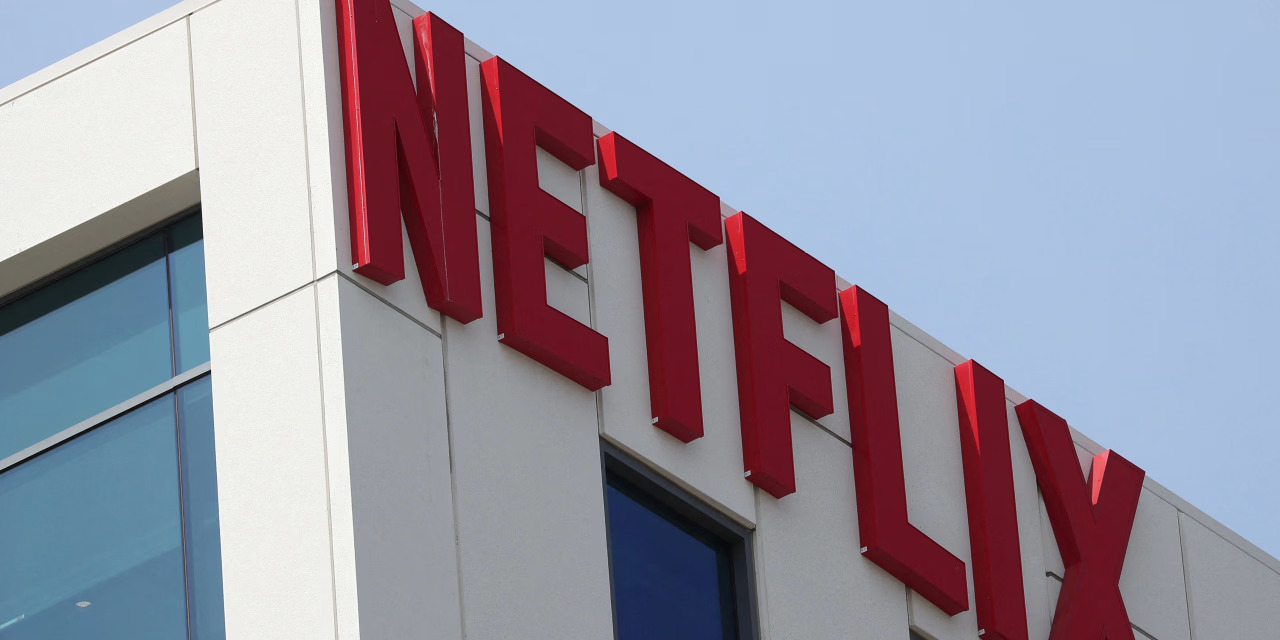In a significant example of shareholder activism, Netflix shareholders have voted to remove Jay Hoag from its board of directors. The decision came during a year already marked by heightened scrutiny of corporate governance across several major companies.
Hoag, a long-time board member and venture capital investor, failed to receive majority support, with only 21.6% of votes cast in his favor. The vote followed a recommendation by Institutional Shareholder Services (ISS), a major proxy advisory firm, which cited Hoag’s poor attendance at board and committee meetings as a key reason for their negative recommendation.
Shareholder Activism Rises as ISS Flags Attendance, Demands Greater Board Accountability Standards
ISS, known for its detailed recommendations on shareholder votes, pointed out that Hoag attended only 50% of his required meetings in 2024, far below the minimum 75% threshold, without disclosing any valid reason. The firm emphasized that directors must actively participate in meetings to effectively represent shareholders’ interests.
ISS’s recommendation appears to have heavily influenced the outcome, as a majority of investors voted against Hoag, highlighting the growing importance of transparency and accountability among corporate board members.

Hoag’s rejection is not an isolated case. Just days earlier, Warner Bros. Discovery shareholders expressed disapproval over executive compensation, particularly the $51.9 million pay package for CEO David Zaslav, in a non-binding but symbolic vote. These instances reflect a broader trend of shareholder activism and increasing demands for corporate responsibility. Investors are becoming more vocal about governance issues, signaling a shift in power dynamics between boards and their stakeholders.
Netflix Follows Governance Policy as Jay Hoag Submits Resignation After Shareholder Vote
In response to the vote, Netflix disclosed in an SEC filing that Hoag offered his resignation, in line with the company’s policy for directors who fail to secure majority support. The Nominating and Governance Committee will now review the resignation and make a recommendation to the full board. Netflix has committed to publicly disclosing the board’s final decision and the rationale behind it within 90 days. This procedural approach underscores the company’s adherence to governance norms and shareholder expectations.
Jay Hoag has been a board member at Netflix since 1999 and served as the lead independent director as well as chair of the Nominating and Governance Committee. Netflix has previously praised his strategic insight and extensive experience as a technology investor, having backed high-profile companies like Airbnb, Facebook, and Spotify. Despite his significant contributions and industry knowledge, the shareholder vote suggests that consistent board engagement is now viewed as a non-negotiable responsibility, regardless of a director’s past achievements or credentials.


